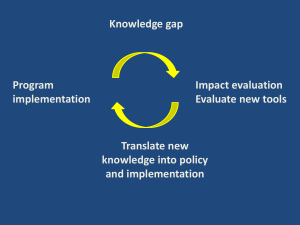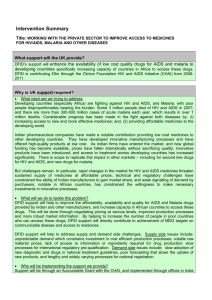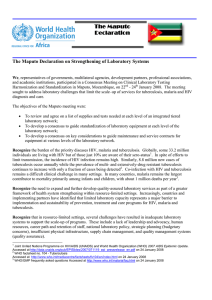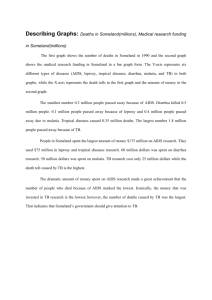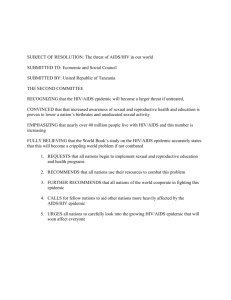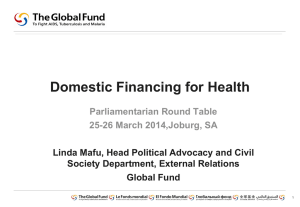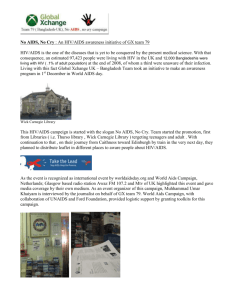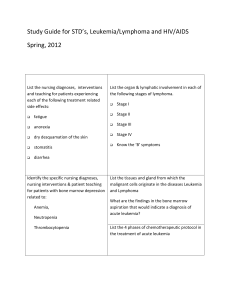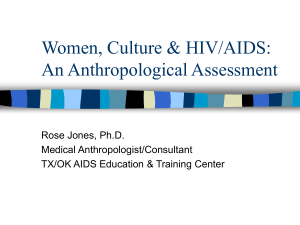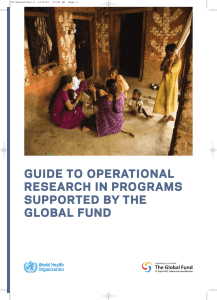English
advertisement
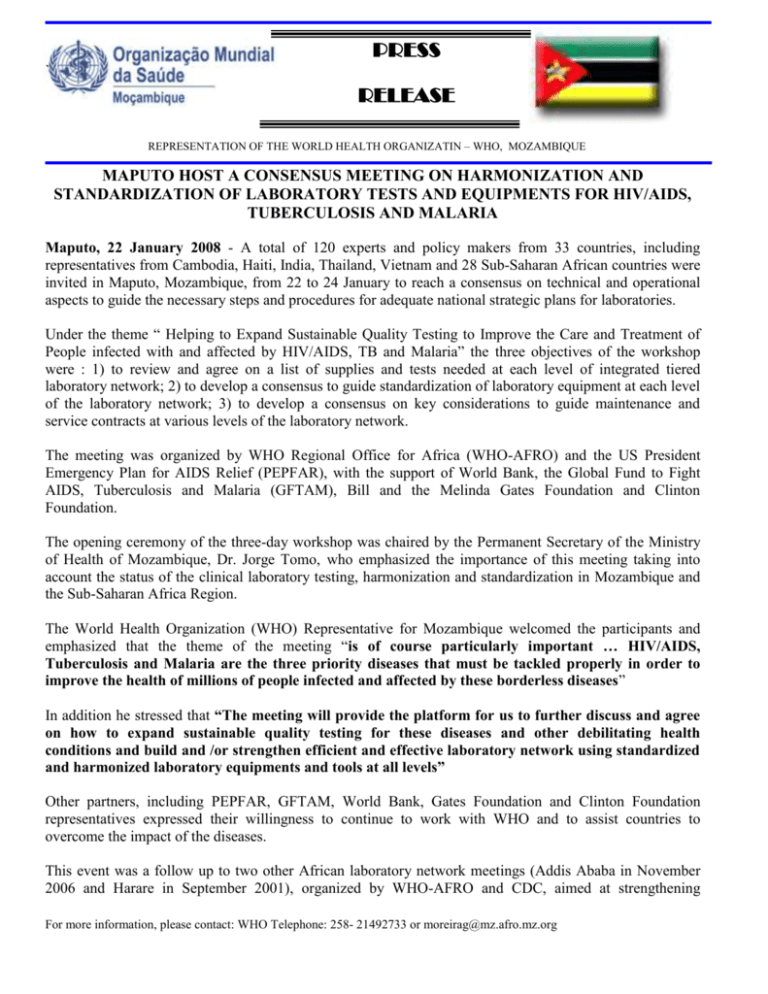
PRESS ` RELEASE REPRESENTATION OF THE WORLD HEALTH ORGANIZATIN – WHO, MOZAMBIQUE MAPUTO HOST A CONSENSUS MEETING ON HARMONIZATION AND STANDARDIZATION OF LABORATORY TESTS AND EQUIPMENTS FOR HIV/AIDS, TUBERCULOSIS AND MALARIA Maputo, 22 January 2008 - A total of 120 experts and policy makers from 33 countries, including representatives from Cambodia, Haiti, India, Thailand, Vietnam and 28 Sub-Saharan African countries were invited in Maputo, Mozambique, from 22 to 24 January to reach a consensus on technical and operational aspects to guide the necessary steps and procedures for adequate national strategic plans for laboratories. Under the theme “ Helping to Expand Sustainable Quality Testing to Improve the Care and Treatment of People infected with and affected by HIV/AIDS, TB and Malaria” the three objectives of the workshop were : 1) to review and agree on a list of supplies and tests needed at each level of integrated tiered laboratory network; 2) to develop a consensus to guide standardization of laboratory equipment at each level of the laboratory network; 3) to develop a consensus on key considerations to guide maintenance and service contracts at various levels of the laboratory network. The meeting was organized by WHO Regional Office for Africa (WHO-AFRO) and the US President Emergency Plan for AIDS Relief (PEPFAR), with the support of World Bank, the Global Fund to Fight AIDS, Tuberculosis and Malaria (GFTAM), Bill and the Melinda Gates Foundation and Clinton Foundation. The opening ceremony of the three-day workshop was chaired by the Permanent Secretary of the Ministry of Health of Mozambique, Dr. Jorge Tomo, who emphasized the importance of this meeting taking into account the status of the clinical laboratory testing, harmonization and standardization in Mozambique and the Sub-Saharan Africa Region. The World Health Organization (WHO) Representative for Mozambique welcomed the participants and emphasized that the theme of the meeting “is of course particularly important … HIV/AIDS, Tuberculosis and Malaria are the three priority diseases that must be tackled properly in order to improve the health of millions of people infected and affected by these borderless diseases” In addition he stressed that “The meeting will provide the platform for us to further discuss and agree on how to expand sustainable quality testing for these diseases and other debilitating health conditions and build and /or strengthen efficient and effective laboratory network using standardized and harmonized laboratory equipments and tools at all levels” Other partners, including PEPFAR, GFTAM, World Bank, Gates Foundation and Clinton Foundation representatives expressed their willingness to continue to work with WHO and to assist countries to overcome the impact of the diseases. This event was a follow up to two other African laboratory network meetings (Addis Ababa in November 2006 and Harare in September 2001), organized by WHO-AFRO and CDC, aimed at strengthening For more information, please contact: WHO Telephone: 258- 21492733 or moreirag@mz.afro.mz.org laboratory systems in order to deliver quality services for universal access to HIV/AIDS, TB and malaria prevention, care and treatment services. There is a global agreement that adequate diagnosis, care and treatment of persons affected by HIV/AIDS, TB and Malaria requires the strengthening of health care systems, particularly the laboratory services. One of the key elements of this effort is moving towards the standardization of laboratory tests and equipments needed at each level in the health system within a country. Particularly in Africa, where the resources are limited and the burden of HIV, TB and malaria are usually high, the lack of adequate laboratory capacity is now an important challenge to scale up and sustain actions for prevention, treatment and care for HIV/AIDS, TB and Malaria. At the end of the meeting, participants agreed to address this challenge, through the development of national strategic laboratory plans and policies, which include standardization and harmonization of laboratory test supplies and equipments. A written declaration that establishes the global commitment of strengthening integrated national laboratory systems in a Public Health perspective was also elaborated. END 2

